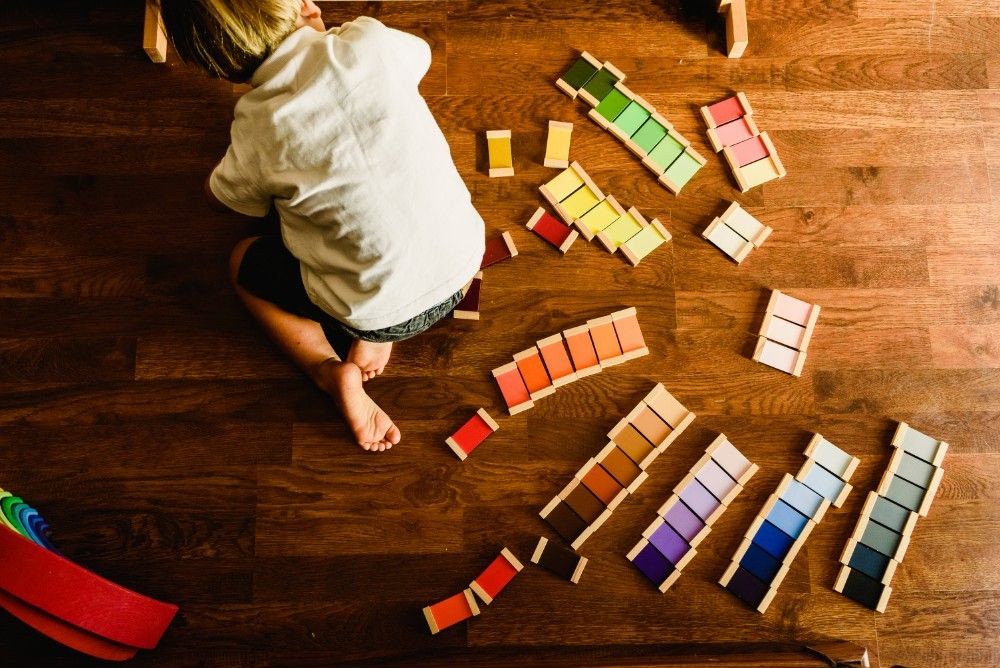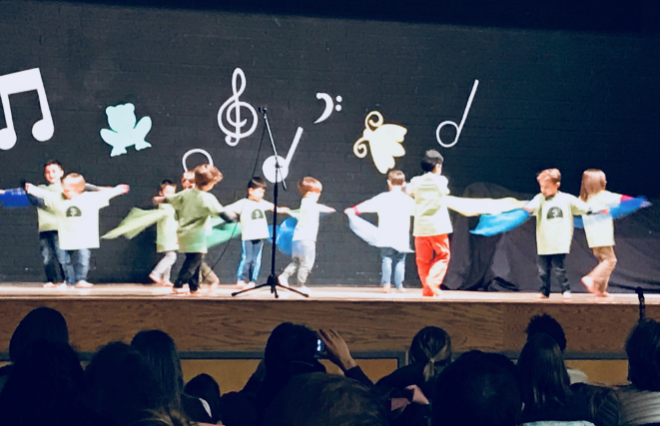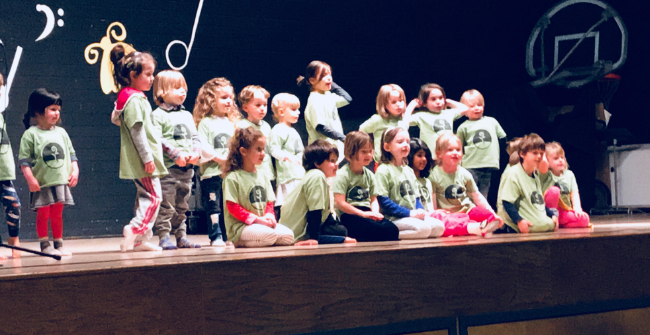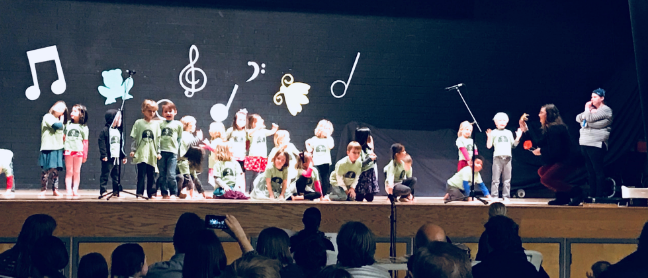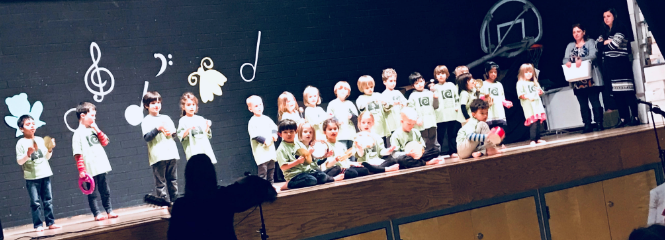The Value of the Three Year Cycle – A Parent’s Perspective
The Capstone Year
I’ve been thinking a lot lately about the third year of the Early Childhood three year cycle. We made the decision to keep our oldest daughter in the Magnolias Class to complete the cycle (known as the Capstone Year).
Last year, an article in The Atlantic called “The New Preschool is Crushing Kids” (read here) helped support our decision. In the mainstream setting, Kindergarten has become the new first grade, and Common Core standards have laid out academic guidelines for what should be completed in Pre-Kindergarten and Kindergarten. Research corroborates that kindergarteners spend more time doing seat work and less time doing art and music. The net result is 2nd graders who perform worse on tests measuring literacy, language, and math skills. The cause, it is thought, is direct instruction that is repetitive and uninspired which leads to children losing their enthusiasm for learning.
How do we maintain that joy for learning and school that can inspire ongoing discovery? The Montessori curriculum inspires life-long inquiry with a heavy emphasis on social interaction, outdoor experiences, art and music. Communication and dynamic interactions with peers and teachers allow children to be self-reflective critical thinkers.
The groundwork for reading and literacy is language, and the Montessori classroom capitalizes on our children’s sensitive period for language. Imagine my surprise when my four year old came home recently asking to read a book to me. I indulged her request knowing that she has not quite mastered all the letter sounds, and yet she comfortably read the book. “Where did you learn to read?” I asked. “I just know.” she said. The Montessori curriculum has laid the groundwork so that our children can put it all together in their own time. We only need to give them the freedom and opportunity to do so.
This is exactly why the capstone year is so important. Our children become leaders in the classroom during the third year. They consolidate all the learning that has taken place in the first two years of the cycle. They grow confidence, they enjoy themselves, and they learn new things in a low pressure environment in which they feel very comfortable.
I loved seeing my oldest daughter thrive in her third year. You could see an extra bounce in her step and she loved going to school each day. Her reading and math skills blossomed and her social skills became more nuanced. In short, she thrived.
I was also a little nervous that she would enter her new school behind the other kids who had been in the academic “seat-work” environment for two years already… and I’ll admit that in the first quarter, her reading wasn’t as fluent as some of the other children’s and her performance on timed math assessments was lacking a bit of luster. (Then again, if you know her, you know that anything timed is not of interest to her!) Interestingly, as the year has progressed, she’s blossomed. It’s as if you can see the cumulative effect of the critical thinking skills and self-directed learning all come together. She’s asking questions about the relationships between different concepts and she’s reading books that really interest her. I’m not sure she’ll love the timed math tests, but as she says, “that’s just my way”. The credit for her progress goes to the Montessori Capstone Year.
I’m so glad that we’ve been able to give her the gift of an extra year of play, joy, and mastery. The data and our family’s personal experience support what Maria Montessori knew long ago… The third year of the cycle is a crucial element of the Montessori Early Childhood education.
You are welcome to contact me if you want to discuss the third year in further detail!
Vicki Wilkins – Past FMSL Toddler and Early Childhood parent
